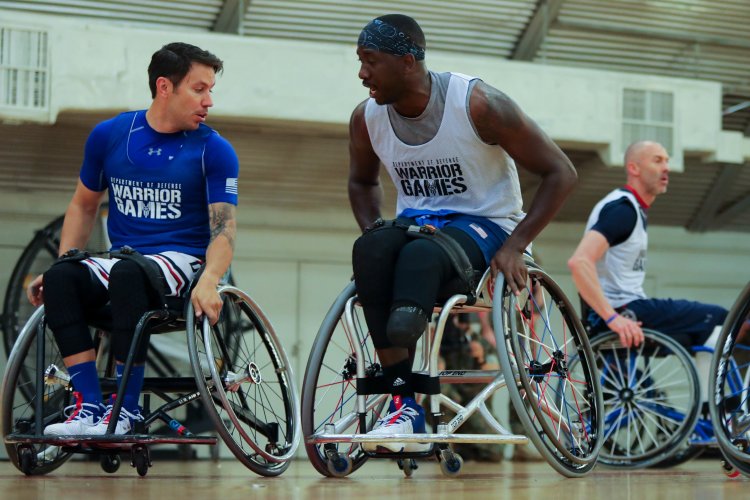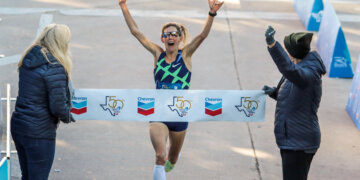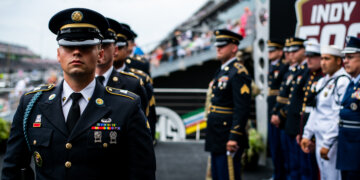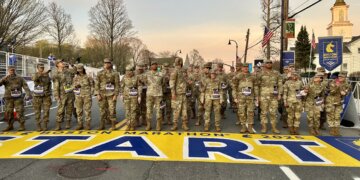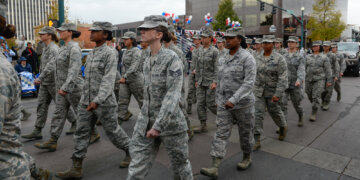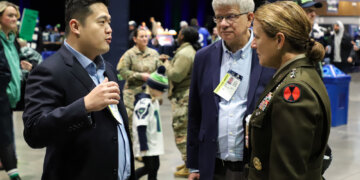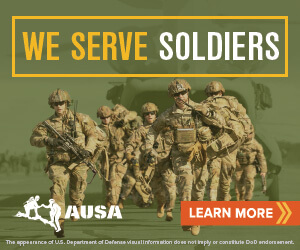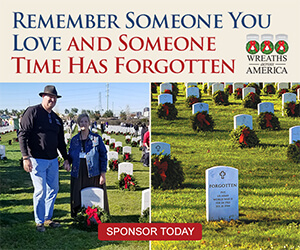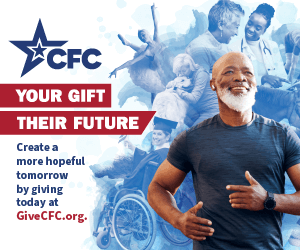On a beautiful December day in Florida, Tech. Sgt. Kevin Greene hopped on his motorcycle, headed to LA Fitness for an evening workout after his shift at Target. He was just two years into his service with the Air Force Reserve when everything changed.
“I stopped at a red light, put my right foot down to balance myself, and I looked to my left. Next thing I know, I woke up in [the] hospital with an amputated left foot, a foley catheter and tubes all in my nose,” Greene recalled via email from the Invictus Games at The Hague.
Now, Greene is among the 65 service members and veterans representing Team USA in the weeklong, international adaptive-sports competition that Prince Harry started in 2014.
For Greene, 2014 was the year his crash led to a four-month hospital stay during which the Air Force deemed him physically unfit for duty.
“I was weak and needed to learn how to walk and run again,” Greene said. “I literally just worked out daily and went to physical therapy.”
Following the crash, Greene, now in health services management for the 920th Aeromedical Staging Squadron at Patrick Space Force Base, Florida, was unemployed with no source of income and paying his own way through doctors’ appointments and rehab because he was “injured not in a military status.”
RELATED: Paraplegic Army National Guard veteran returns to National Veteran Wheelchair Games
“I had no choice but to get up every day and work my way back into the service so I can feel like I belong and have stability back in my life,” he said. “Yes, my injury was physical, but it took a toll on me emotionally.”
Coaching junior varsity basketball at his alma mater, Palm Bay High School, was one of the early motivators in his recovery. The student-athletes visited Greene while he was hospitalized, and he was later allowed to travel with the team during tournaments.
Invictus Games lead Greene to the court
In 2016, Greene attended the Invictus Games at the Wide World of Sports in Orlando, where he first learned what adaptive sports were all about.
“I was watching wheelchair basketball, and at that moment I had hope that I can play basketball again, which I thought I can never do,” Greene said.
About one year later, after returning to duty, Gen. David Goldfein informed Greene of the Air Force Wounded Warrior Program, which assists service members in their recovery. Greene signed up a year later for a C.A.R.E. Event at Joint-Base Lewis McChord and “learned the power of adaptive sports.”
Though his passion is basketball, Greene also competes in sitting volleyball and rowing, among other sports. Coaches encourage him try to compete in different sports – but only partially because he’s a coachable person and willing to step outside of his comfort zone.
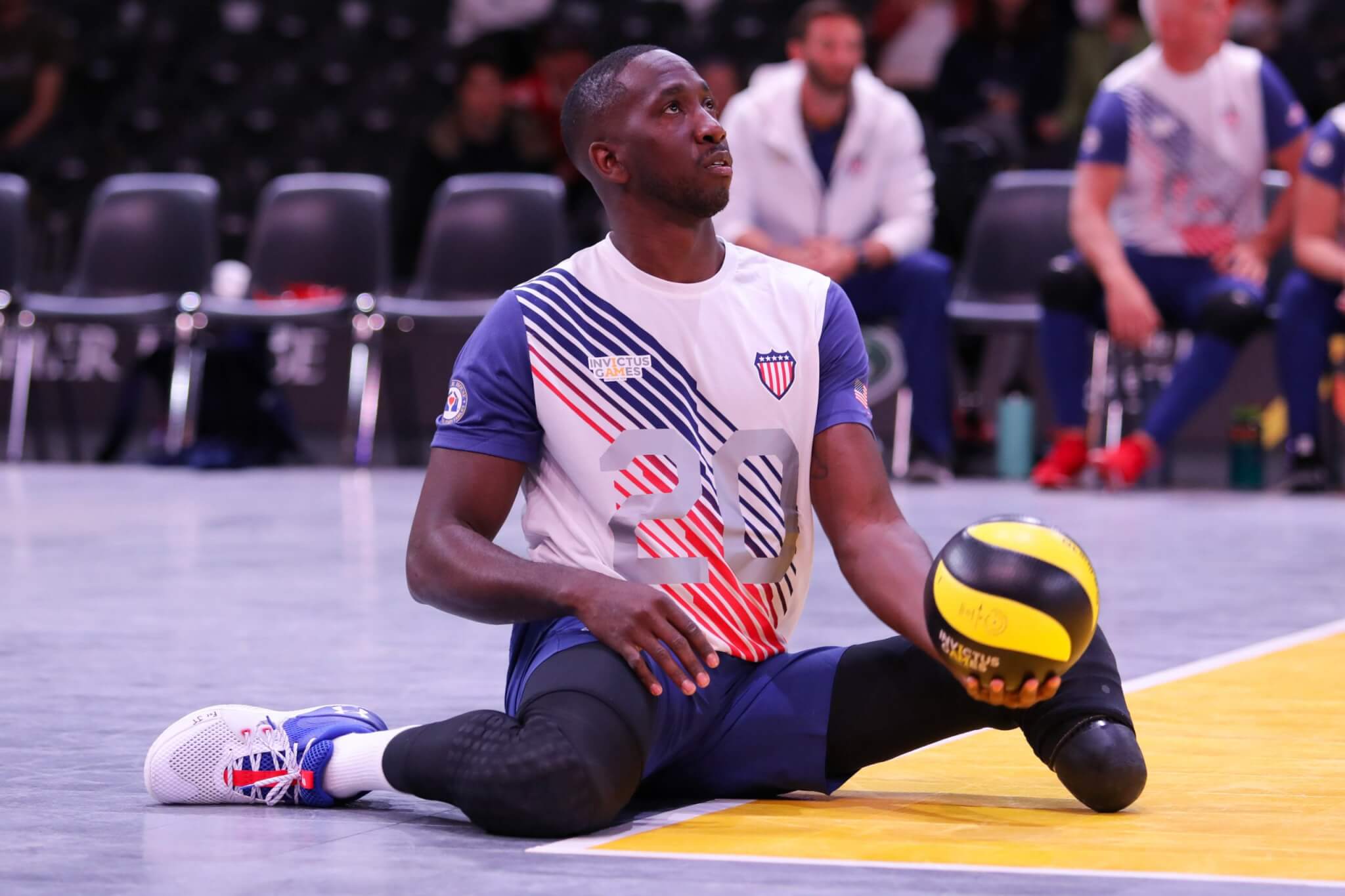
“That’s part of my recovery journey because it was very uncomfortable returning back to my unit after being disconnected for three years,” he said.
Greene first competed in the Wounded Warrior Games in 2019 – racking up six gold medals, two silver and three bronze medals across running, indoor rowing, wheelchair basketball, sitting volleyball, and recumbent bicycling.
“I knew I was blessed with the opportunity to not only represent myself, but my family, my unit and my reserve command,” he said. I was excited to show off that I’m physically fit for duty and deployment-ready, especially with all the events I’ve participated in.”
And his continued motivation? His daughter.
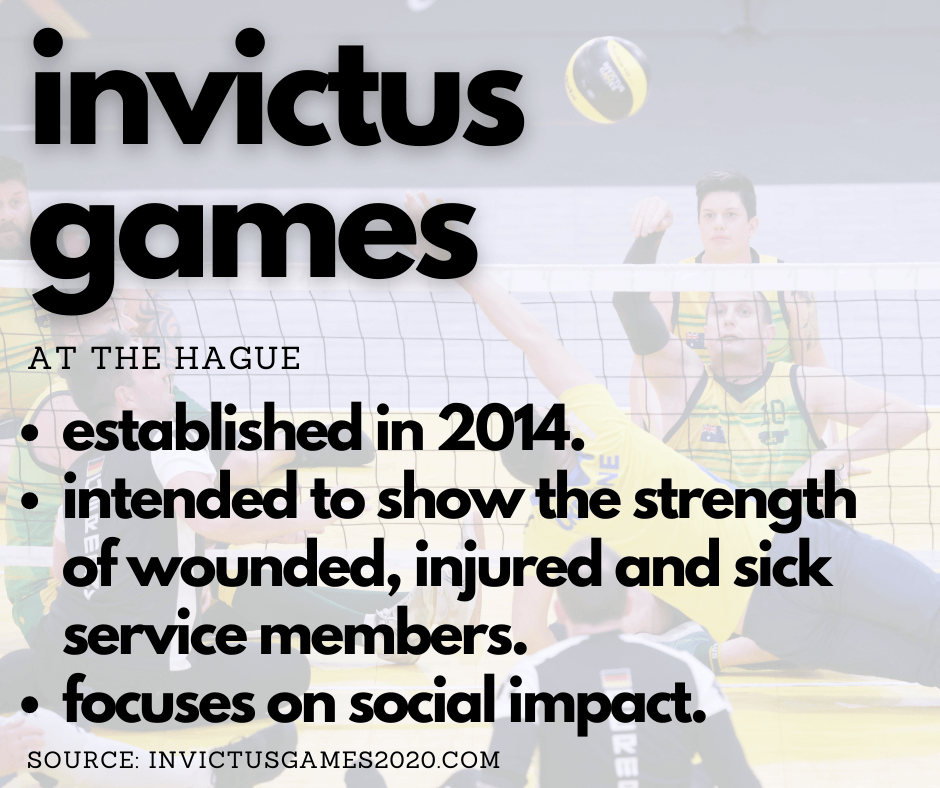
“I want to show that if she stays true to herself and [you] invest in your goals, that you can achieve whatever you like,” he said. “[You] just have to put the work in, even if no one else believes in you.”
As he continues to compete throughout the week, Greene said his ability to represent himself, his family, the Air Force, and the country is a blessing.
“I’m grateful for God for allowing [me] to survive that accident,” he said. “I want to display to the world, especially after our COVID years, to spread love, not hate; listen to understand; develop new relationships; say grace; stay poised and always express gratitude.”




